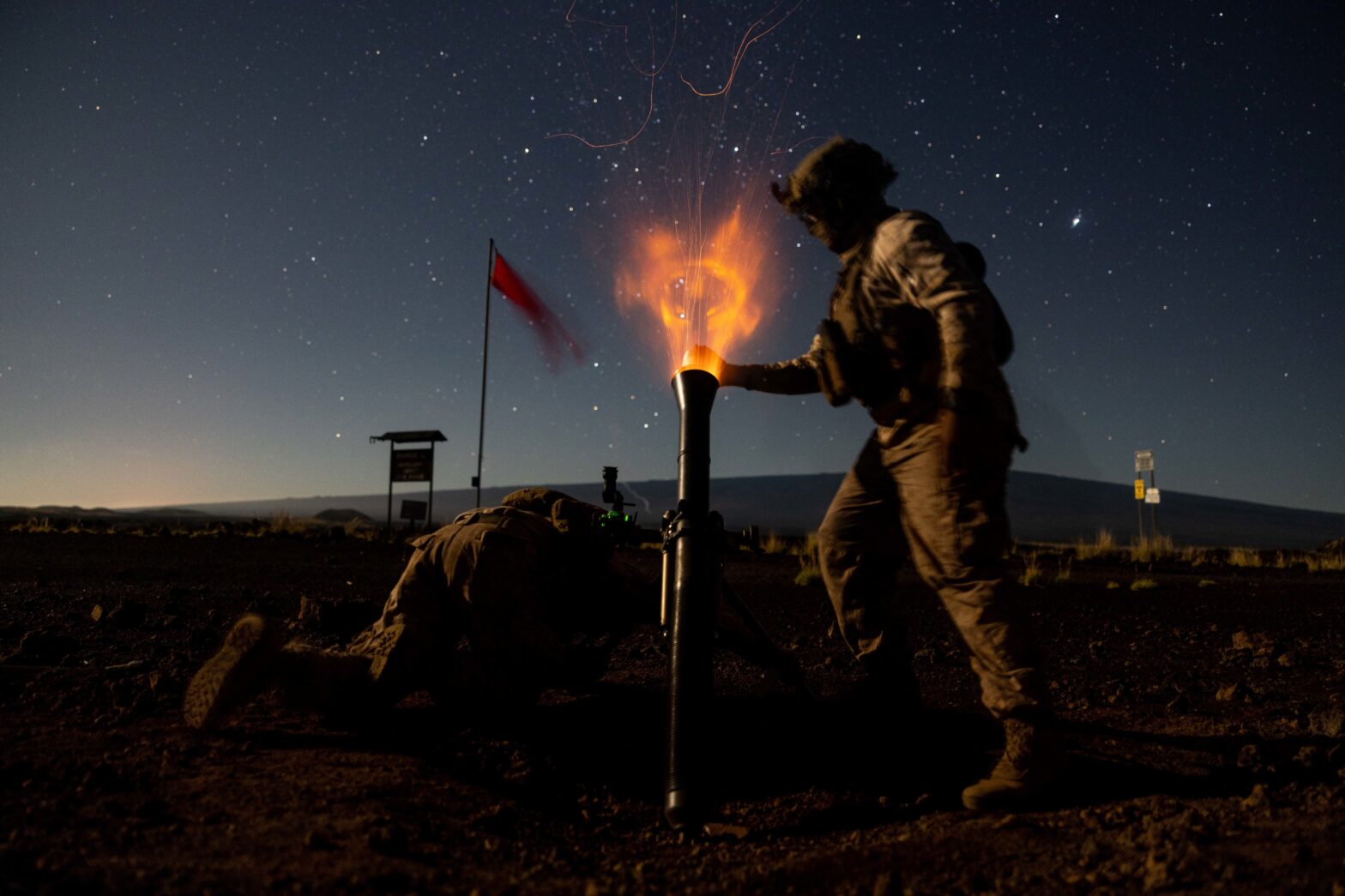A study on active duty airmen looked at a large sample size of those with mild traumatic brain injury (mTBI) in comparison to those who had an injury but without mTBI. They found that those with mTBI had a significantly elevated risk for alcohol dependence during their period of study which included 1 day to greater than 180 days post injury compared to those without mTBI. [1]
2,421 U.S. veteran patients died from alcohol-involved overdoses from 2012 to 2018, according to data collected from the Veterans Health Administration. Alcohol use disorder (AUD) is the top substance use disorder nationally, with 95,000 people dying annually due to AUD or alcohol-related causes. [2]
Alcohol consumption is negatively associated with global brain grey matter volume. Put another way, there is no safe dose of alcohol for the brain, with even moderate consumption associated with widespread adverse effects. [3]
As of this writing, I have not found any research on the risks of repeated subconcussive head impacts and risk for alcohol dependence.
References:
- Miller SC, Baktash SH, Webb TS, Whitehead CR, Maynard C, Wells TS, et al. Risk for addiction-related disorders following mild traumatic brain injury in a large cohort of active-duty U.S. Airmen. Am J Psychiatry. 2013;170:383–90.
- Lin, L. A., Bonar, E. E., Zhang, L., Girard, R., & Coughlin, L. N. (2022). Alcohol-involved overdose deaths in US veterans. Drug and alcohol dependence, 230, 109196.
- Topiwala, A., Ebmeier, K. P., Maullin-Sapey, T., & Nichols, T. E. (2021). No safe level of alcohol consumption for brain health: observational cohort study of 25,378 UK Biobank participants. MedRxiv, 2021-05.
